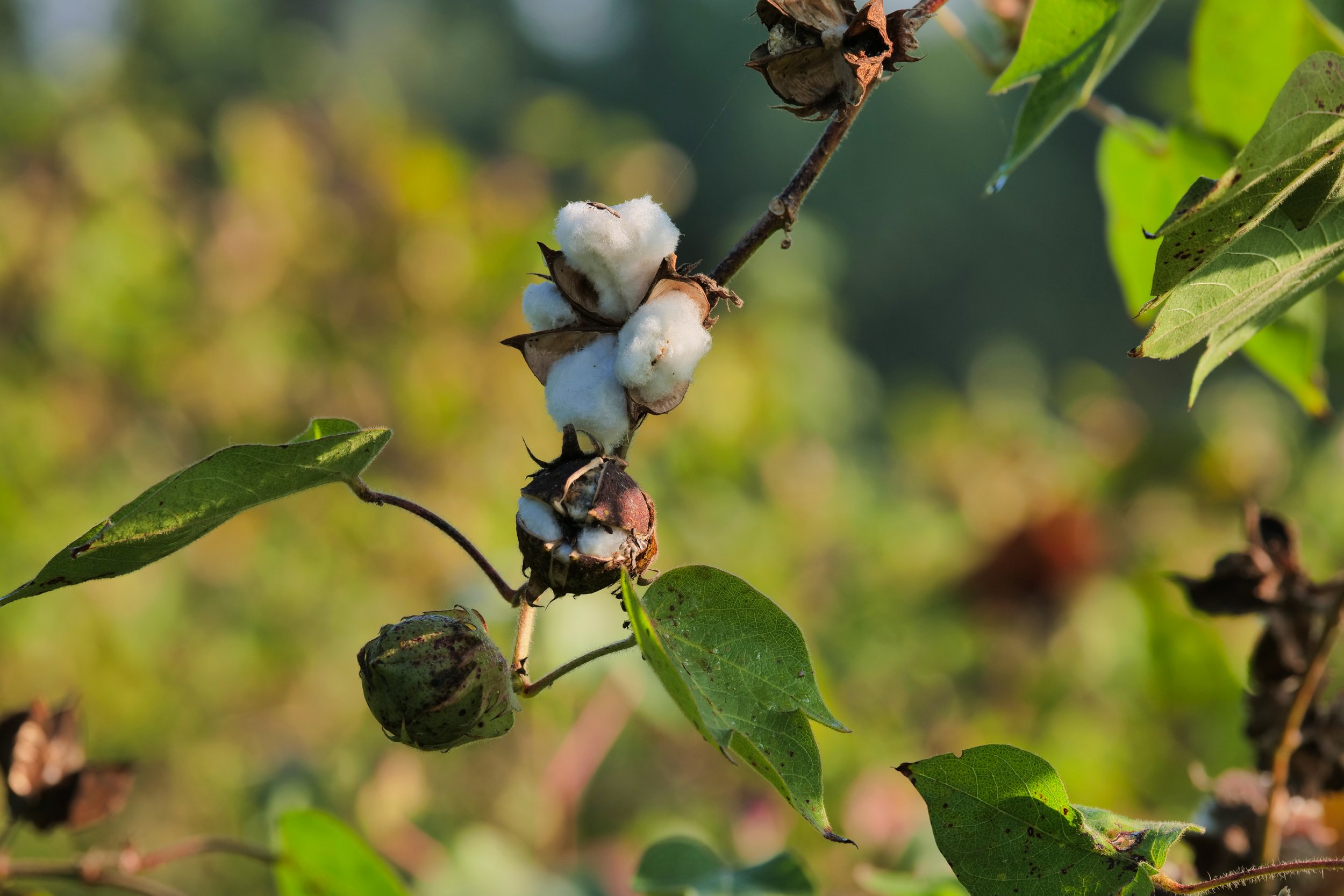Women in Cotton: Addressing the Impact of Climate Change through Climate-Friendly Practices
In June 2023, CottonConnect conducted a research study, interviewing over 100 women programme farmers, programme partners and experts across India, Pakistan, and Bangladesh. This research aimed to understand how climate change affects women cotton farmers and assess the effectiveness of interventions in mitigating its impact.
The UN Food and Agriculture Organization tells us that women form a significant 45% of the agricultural workforce in developing nations, a number climbing to 60% in Africa and Asia. They are the backbone of agriculture yet face unique challenges that hinder their productivity and limit their invaluable contributions. Climate disasters are making matters worse, threatening crops and livelihoods. At CottonConnect, we're passionate about understanding and sharing the stories of women farmers.
Building on the insights from our 2020 report, our new report, "Women in Cotton: Addressing the Impact of Climate Change through Climate-Friendly Practices”, sheds light on pressing issues exacerbated by climate change. The study looks at the pressing issues of climate change and its disproportionate effects on women engaged in cotton farming and documents climate-friendly activities by women cotton farmers in our programmes.
Key findings from our recent study show that extreme weather exacerbated by climate change negatively affects biodiversity, crop yield and pest control; and that women’s health and well-being is adversely affected but that they still shoulder more of the burden for the farm and the home, regardless of their own health issues or time limitations. It also shows that empowering female farmers through training in sustainable agriculture and climate change awareness is helping to create positive change.
Our CEO Alison Ward comments “Women are disproportionately affected by climate change, but - when they are trained and armed with awareness and understanding – they can play a crucial role in adapting and reducing vulnerability to climate change. We see that they are deeply rooted in the lives of family and community, and they know what solutions are required beyond the farm. Empowering women in the cotton value chain can have positive effects beyond farm productivity, leading to improved living standards and food security.”
Our 10+ years of experience collaborating with both male and female farmers has enriched our comprehension of climate change's far-reaching implications, particularly on women in farming. Our farm programs have not only enabled us to understand the challenges women face but also to empower them through literacy, numeracy, rights, and health training.
Over 164,000 women have already participated in our Women in Cotton programmes, all contributing towards achieving our ambitious goal to train 500,000 women by 2030. Climate change impacts everyone, but its impact on women is more pronounced and can perpetuate and magnify structural inequalities in many corners of the globe. As we leverage insights from our programmes to develop scalable, replicable models, our ultimate aim is to create climate-resilient farming communities and empowering women farmers is at the heart of this vision.
Read the report to gain deeper insights into these important issues and to learn more about our ongoing efforts to empower women in the cotton sector.































